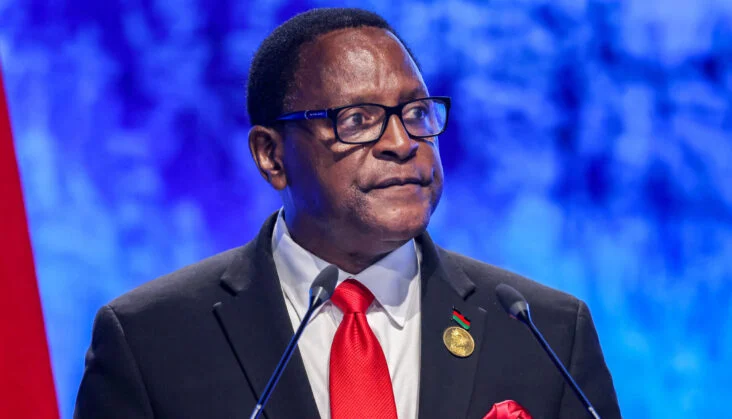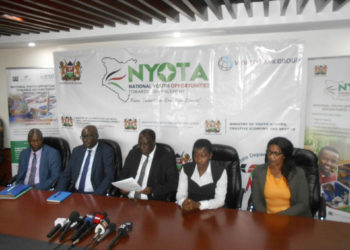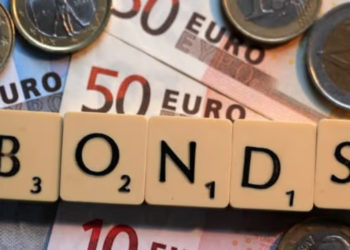Malawi’s President Lazarus Chakwera has immediately suspended all international travel for himself and government officials as part of a cost-saving measure.
Additionally, Mr. Chakwera has instructed the recall of ministers with travel plans and mandated a 50.0% reduction in fuel allowances for senior government officials. Malawi recently obtained a four-year deficit credit from the International Monetary Fund (IMF) following the devaluation of its currency.
In November 2023, Malawi, ranked among the world’s poorest countries, devalued its currency by 44.0% against the US Dollar, signifying a substantial depreciation. This marks the second instance within 18 months that the currency has experienced such a significant decline.
The nation attributes this depreciation to a shortage of dollars in foreign currency reserves. Malawi is also contending with high inflation, a budget deficit, and a burgeoning debt burden.
President Chakwera has affirmed that these measures will remain in effect until the conclusion of the financial year in March 2024. Similar measures were implemented during the COVID-19 pandemic, albeit with limited impact due to lax enforcement.
Furthermore, President Chakwera has assured citizens that, in the budget review, he will contemplate a reasonable wage increment for civil servants to mitigate the cost of living crisis. He has also mandated a reduction in income tax on individuals to support workers grappling with diminished income value.
While the devaluation may have been a prerequisite for securing the IMF credit, it has elicited mixed feelings among citizens and economists, given that the effects are often irreversible over extended periods.
Citizens are expressing apprehensions about the inevitable escalation in basic commodity prices and an upswing in import costs. Moreover, the currency devaluation is anticipated to exacerbate Malawi’s financial challenges by further driving up prices.
















